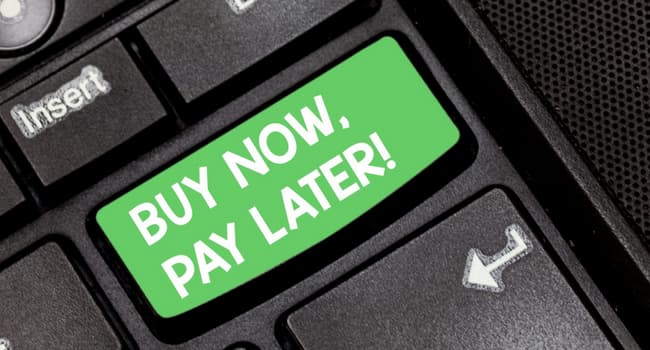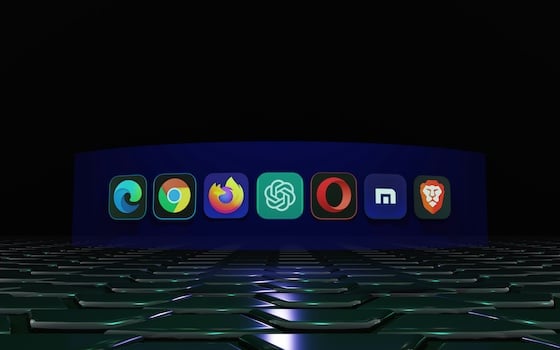Buy now, pay later (BNPL) is a wildly popular branch of fintech that lets a consumer take immediate possession of a pair of $200 sunglasses and feel like they only paid $50. Truth bomb? They will have to fork over the remaining $150 eventually (through installments). And they may pay some stiff late fee if they pay late or miss a payment.
BNPL has become controversial for a couple of reasons. One is that many just see it as a bad business. Investors are no longer super eager to pour money into BNPL platforms that are losing money and drawing negative attention from regulators around the world. Notably, BNPL platforms are starting to realize the acronym is getting toxic and have begun referring to themselves as part of the “flexible payment industry.” I think we will stick with “buy now, pay later”, for now at least.
This leads us to the second source of controversy. Those regulators are coming after BNPL (in the UK, Australia, and elsewhere) largely because it is seen as helping to inflate a consumer debt bubble. In particular among younger consumers who really love BNPL. See the above example of the $200 sunglasses to understand why GenZs love BNPL so much.
More Tailwinds Than Headwinds
Yet the more we write about how BNPL has attracted intense criticism — both as a business and as a consumer trend — the more it seems that BNPL grows. And again, this is true both as a business and a consumer trend.
Here are a few recent examples that help illustrate why BNPL still seems to have quite a bit of life left in it.
First, inflation, the cost of living crisis, or whatever term you care to use to describe this year’s global surge in prices, seems to have been a tailwind (positive force) for BNPL.
Citing a variety of surveys, Yahoo Money reported this week that American consumers leaned more heavily on BNPL for often ordinary purchases this year. And inflation was the lead motivator for this behavioral shift.
On the first episode of Localogy’s This Week in Local podcast, I remarked that inflation is a likely tailwind for BNPL because it allows the consumer to buy an item at today’s price and pay for it in installments. This hedge against inflation may well motivate some consumers, especially if they fear the price of a larger ticket item will rise before they finish paying it off.
Rising interest rates are a double-edged sword for BNPL. The rising cost of money adds significant cost to BNPL players’ books. Yet it may also push more consumers to use BNPL. The cost blade feels sharper to us. And we won’t be surprised if it fells some weaker BNPL players in the new year.
BNPL’s Verticalization Continues
Another trend we’ve followed this year, the verticalization of BNPL, also seems to be continuing apace. Remember “Gas Now, Pay Later”? This provides more support for the view that the growing controversies over BNPL’s popularity have failed to blunt BNPL’s progress.
For example, the U.S. BNPL platform Sezzle announced this week that it was bringing the BNPL concept to college books. And any parent of college-age children will attest to the high cost of books.
Sezzle is among the more challenged players in BNPL. In February, the Australian BNPL player ZipCo agreed to acquire Sezzle, a deal that rescued Sezzle from the prospects of competing with much bigger BNPL players. However, by July, ZipCo had called off the acquisition, citing a tough macroeconomic environment for fintech (rising interest rates, etc.) ZipCo had to pay Sezzle an $11 million termination fee.
And finally, we saw another announcement this week involving the application of BNPL to travel. “Fly now, pay later” has been in the fintech lexicon for a little while now. And it looks like it isn’t going away any time soon.
In fact, there is an actual company that goes by the name Fly Now, Pay Later. And it has forged a partnership with travel company Worldline to integrate FNPL into Worldline’s travel payments solution TravelHub. The company cites research showing that “flexible payment” (i.e., BNPL) options lead to higher spending on travel. Go figure.




